2012- Geoscience BC is an industry-led, not-for-profit, applied geoscience organization. Geoscience BC works in partnership with industry, academia, government, First Nations, and communities to fund applied geoscience projects with the objective to attract mineral and oil and gas exploration to British Columbia.
Geoscience BC’s QUEST Project, initiated in 2007, is a program of regional geochemical and geophysical surveys designed to attract the mineral exploration industry to the under-explored region of British Columbia between Williams Lake and Mackenize. The QUEST Project, an acronym for Geoscience BC’s Quesnellia Exploration Strategy, is focused on the rocks of the Quesnel Terrane, which has good potential for copper-gold porphyry deposits, but in this region is covered by a thick layer of sand and gravel left behind by glaciers.
This area of British Columbia has also been heavily affected by the Mountain Pine Beetle infestation, creating an enormous economic challenge for BC and its affected communities. The results of this project will help stimulate mineral exploration activity, which in turn should lead to diversification opportunities for the communities in the Mountain Pine Beetle area.
QUEST is a significant geoscience project, with activities in 2007 covering over 95,000 km2. The project activities in 2007 included two types of airborne geophysical surveys, as well as the collection of over 2000 new geochemical samples and reanalysis of over 5000 previously collected geochemical samples. The results of these surveys were released through Geoscience BC’s website in 2008, and have led to follow-up activity in the region (both mineral exploration and new Geoscience BC projects) over the last few years. As the QUEST program was so successful, similar projects have been undertaken by Geoscience BC in subsequent years, including QUEST-West (2008; another partnership with Northern Development); QUEST-South (2009) and the QUEST-Northwest project (2011).
This project is part of a multi-year initiative that has been supported through an additional investment by Northern Development for another Geoscience BC project:


